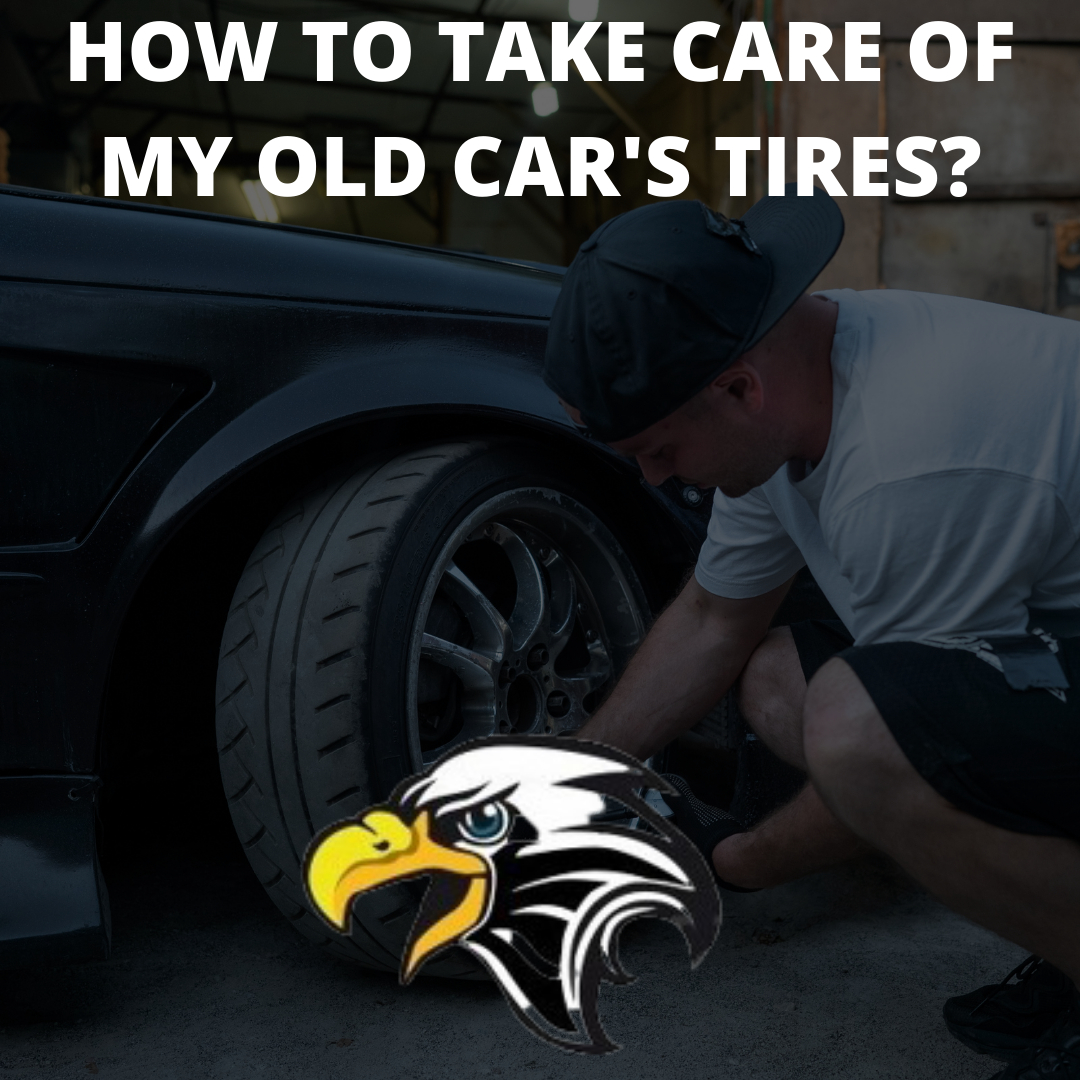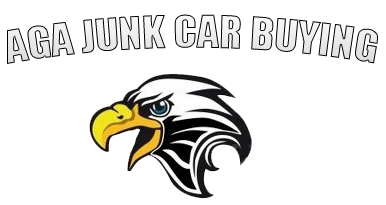It’s no secret that maintaining a car can be expensive. But there are ways to cut down on those costs and keep your car running like new.
For starters, you should make sure to get your car serviced regularly. It’s important for keeping the performance of your engine in check and can help save on future repairs.
You also want to pay attention to how often you’re driving. If it’s a lot then that will increase wear and tear on the car which means more maintenance costs!
The tires are one of the most important parts of a car. They provide traction and stability for the car while it’s driving, and they’re also responsible for absorbing shock from the road.
This is why it’s so important to take care of your car’s tires. If they’re not in good condition, it can be dangerous to drive it.
You should always make sure to check your tire pressure, because that can help you avoid premature wear and tear on the tire.
You should also be checking your levels all the time to see if they’re low. Be sure to keep an eye on them while driving, too!
It’s also important to keep an eye out for any bulges in the tires or treads that are starting to separate from the surface of the rubber. If anything like this happens, it’s time to replace the tire right away!
What are some tips for taking care of my old car’s tires?
 There are a few things you can do to take care of your old car’s tires. First, make sure to always keep them inflated to the correct pressure.
There are a few things you can do to take care of your old car’s tires. First, make sure to always keep them inflated to the correct pressure.
You can find the recommended pressure for your tires in the owner’s manual or on the sidewall of the tire itself.
Low tire pressure can cause premature wear and tear on the tire, so it’s important to check and maintain the correct pressure levels.
You should also be checking your tire levels all the time to see if they’re low. If they are, you can add air using a tire pump or by going to a gas station. Some tips that we can recommend are:
1. Check the condition of your tires every time you fill up with gas or check your oil level.
It’s a good idea to check your tire pressure and tread depth regularly, even if you don’t drive very often.
The more time that goes by between checks of the tires on your vehicle, the greater chance there is for problems with them. In addition to this, it’s also crucial to keep an eye on what kind of oil you’re putting in your car because not all types are created equal!
Some oils can be better or worse for different climates or driving styles so make sure that when choosing which one is right for you; take into account where and how often you’ll be using it as well as any restrictions from manufacturers about certain brands being compatible with specific models.
If you don’t, your tires will wear down and/or the oil level will be too low. This can cause some serious damage to your vehicle as well as make it unsafe for driving.
Checking these things is important because they directly affect how your car performs on a day-to-day basis and whether or not it’s safe to drive at all!
2. Make sure to keep them inflated at the right pressure for their size and type, as specified by tire manufacturer’s recommendations.
This will keep the tires from wearing out prematurely, and also help with gas mileage. It is recommended to check tire pressure each time you fill up your car’s tank or right before a long trip. You can use an air pump at most service stations or invest in a portable compressor that plugs into the cigarette lighter of your vehicle for more convenience on-the-go.
This will help the tires wear evenly and last longer. Inflating a tire to less than its recommended pressure can cause it to overheat, possibly leading to a blowout or other damage that could result in sudden deflation of the tire on your vehicle.
3. Use only air hoses designed expressly for filling automobile tires; never use one intended for bicycle pumps.
When filling a tire with air, the pressure in the hose should be set to match that of the tire being filled. If not, there is a risk of over-pressurizing it and damaging something in or near the valve stem.
In addition to this, when using an air compressor for inflating tires on cars and trucks (not bicycles), never use it without first shutting off its motor; otherwise you run into risks such as overheating due to prolonged operation or injury from flying debris if an object becomes jammed between rotating parts inside.
This is to avoid the risk of mixing air and gasoline.
4. Keep spare inflator valve caps handy so they can be quickly replaced if needed.
It is always a good idea to have spare inflator valve caps on hand so they can be quickly replaced if needed. This will help you avoid any unnecessary downtime for your equipment and keep it running smoothly, which in turn saves money over the long-term.
If you don’t have the budget or time to maintain your old or junk car, contact AGA Cash Junk Cars Inc. – We will buy your junk car for cash!
5. Keep up with routine maintenance.
One of the best ways to keep your car running like new is to maintain a regular maintenance schedule.
This includes things like getting your air filter replaced when needed, changing your oil every 3 months (depending on how often you drive), and getting your brake pads and transmission fluid changed as needed.
It’s important to keep up with routine maintenance like brake pads and transmission fluid changes as needed so you can avoid costly repairs down the road.
One of the best ways to keep your car running like new is a regular maintenance schedule, which includes inspecting for leaks or damage in tires, changing oil every 3-7 thousand miles, checking tire pressure (at least once per month), keeping wiper blades clean and working properly (every 4 months).
6. Change your engine oil and filter every 7,500 miles or at the manufacturer’s recommended interval.
Oil is a lubricant that reduces friction between moving parts in your vehicle. It also helps to cool the engine by carrying heat away from it before it can do any damage to other important components of your car such as spark plugs, pistons.
Changing this fluid regularly will help keep everything running smoothly so you don’t have to worry about sudden repairs popping up out of nowhere!
7. Replace air filters as needed to maintain optimum performance.
Your car’s air filter is responsible for trapping dirt, dust, and other debris before it can enter the engine.
As your car’s air filter becomes dirty and clogged, it can’t do its job as well, which can lead to decreased performance and even damage to the engine.
That’s why it’s important to replace your air filter as needed to maintain optimum performance.
8. Keep brake pads in good condition by checking them regularly for wear and tear.
Brake pads play a very important role in your car’s braking system. They work to frictionally slow the car down by pressing against the brake rotor.
As they wear down, they lose their ability to do this effectively, which can lead to decreased braking performance and even damage to the brake rotors.
That’s why it’s important to check your brake pads regularly for wear and tear and replace them when needed.
Not only should you take care of the tires, but it’s also important to clean your car! If you don’t have time for that, you can sell it to AGA Cash Junk Cars Inc.. Call 312-401-2157 right away!
If you’re thinking about the future of your old car, it may be time to consider what steps you can take today that will ensure its longevity.
And if you are concerned that your car without a title cannot be sold, we can help.
Regular maintenance and appropriate driving habits are key when it comes to extending the life of an older vehicle. Did we mention that a clean exterior is just as important?
Keep up with routine care by washing off dirt, making sure tires have plenty of air in them, and staying away from potholes at all costs!
